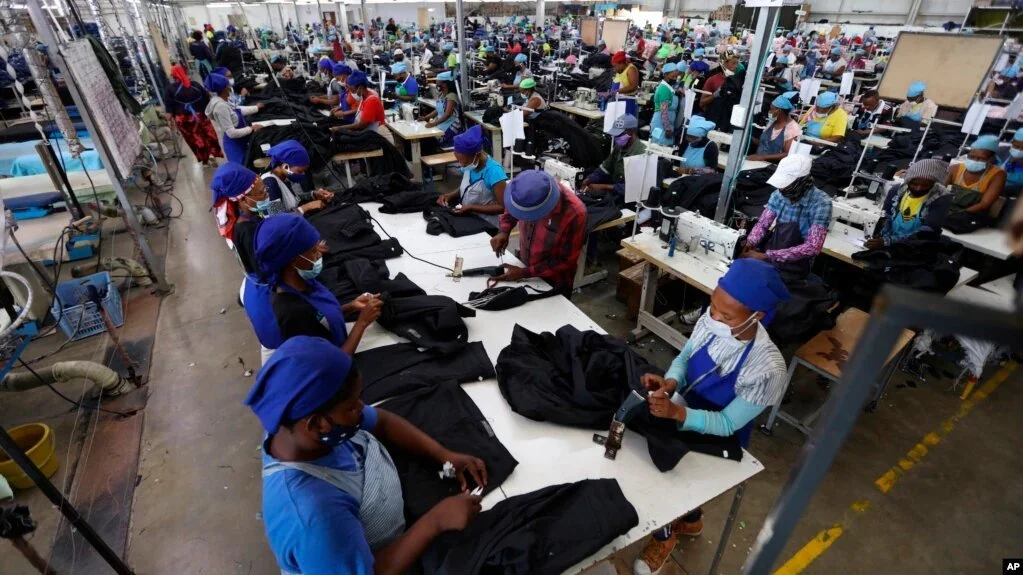Report: Global Pandemic Increased Poverty in Africa
NAIROBI —
The global pandemic has pushed more than 55 million Africans into extreme poverty and reversed two decades of hard work in poverty reduction on the continent. The Economic Report on Africa for 2021 blamed the growing poverty on job losses, reduced income and the inability of households to manage the risks
In a 150-page report launched in Dakar, Senegal, the United Nations Economic Commission for Africa said the coronavirus negatively impacted the continent's economy.
Speaking Saturday at the 54th session of the Conference of African Ministers of Finance, Planning and Economic Development, Hanan Morsy, deputy executive secretary of the commission, said the pandemic eliminated 20 years’ worth of achievements made in fighting poverty.
“The implication for the continent, one of the most critical implications of COVID-19, has been the reversal of very hard-won gains that the continent has managed to achieve in terms of reducing poverty,” she said. “So, we’ve lost two decades of hard-won gains of reducing poverty in Africa due to the pandemic.”
The economic decline caused by the lockdowns and the restrictions on people and the movement of goods has increased the number of newly poor on the continent by 55 million people and pushed 39 million others into extreme poverty.
Morsy said millions of people are still vulnerable. She said between 30 million and 35 million jobs are at risk of reduced wages and working hours because of reduced demand and enforced lockdowns.
“The current reality is that the fiscal deficit has worsened, gender inequality remains significant and has accumulated during the pandemic even worse economic growth in both developed and developing economies are expected to decelerate in 2023,” she said.
The report also documents job losses, people earning less and the inability to manage the risks — making them more vulnerable.
African governments have responded to the economic crisis by expanding their fiscal and monetary policies.
Ken Gichinga, chief economist at Mentoria Economics, said Africa needs policies that can bring money to people and stressed areas such as food production, industrial value addition and services.
“So, we need strong fiscal policies and monetary policies, but most importantly, we need policies that encourage business policies that encourage enterprise, which means things like VAT and taxation,” he said. “Those things need to be reduced so that we have money in the pockets of people so that there is demand for goods and services.”
The economic commission researchers say the African Continental Free Trade Area can give countries opportunities to diversify their economies and reduce dependence on external partners and trade with each other more.
Gichinga said African countries need to produce more goods to fashion economic growth.
“We need to get these countries into production,” he said. “There has been a drop not only in productivity but in jobs and in wages. So, being able to bring the 54 countries back into production, that can stimulate the African economy and create jobs.”
Economic experts are calling on African governments to create programs for social protection and provide short-term assistance to the most vulnerable communities. Africa is also encouraged to invest in health protection systems and create a policy for national health emergencies that can stand against future pandemics.





